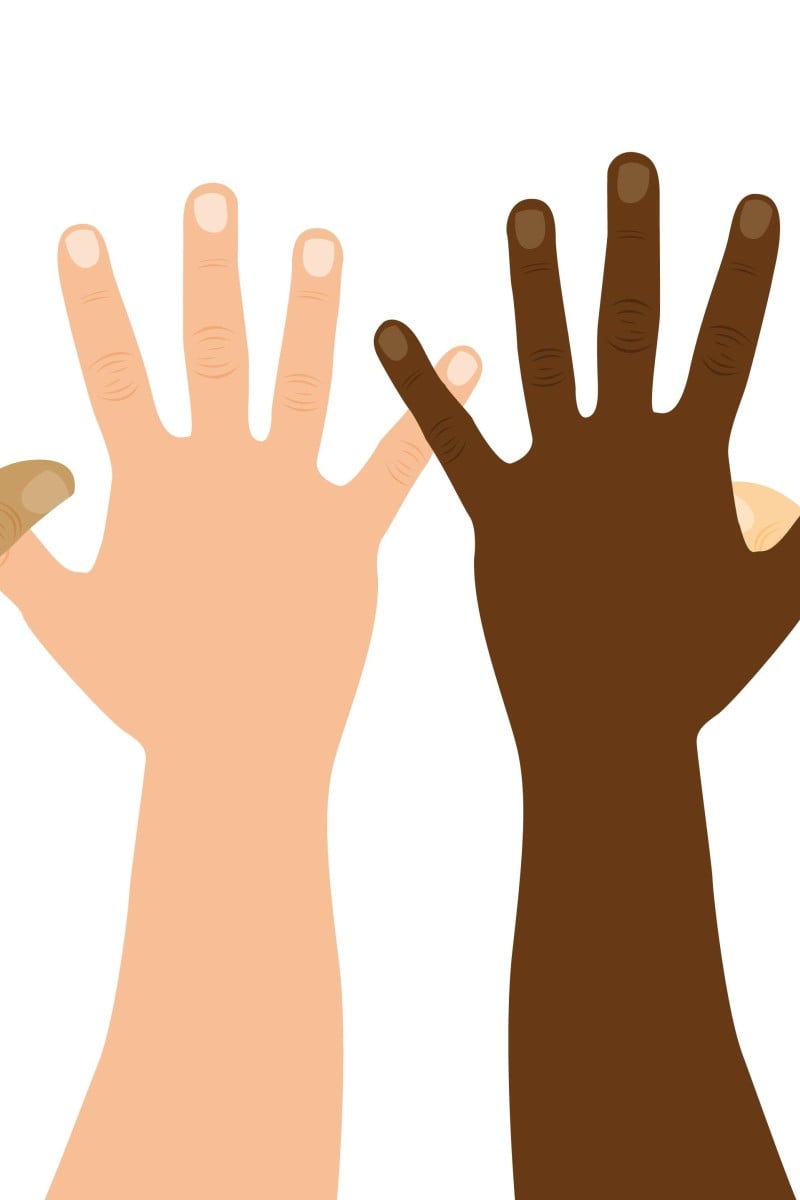
Letters from the dorm: Educate yourself about racism and support people of colour
- Discrimination and prejudice have a mental health impact as well, not just on economic and physical well-being
- Advice isn’t the most important thing; sometimes it’s better just to listen
 It's important for people to stand up for each other - especially during this tough and polarising time.
It's important for people to stand up for each other - especially during this tough and polarising time. Last week, a Kenyan woman who works at a pharmacy near London was verbally abused by a middle-aged white man on a bus. Having noticed her NHS (National Health Service) badge, he yelled at her in an obscene and threatening manner, making the driver stop the vehicle. That woman was my friend’s mother, on her way home from work.
This was just one of the mildest forms of abuse that people of colour face in Britain. I often sit together with my fellow students and discuss our experiences of racism, which sadly range from microaggression to stalking and physical attacks.
Whatever the magnitude of our experiences, conversation helps. But we need to be cautious about the advice we give one another. In university, which is a controlled environment, we should always alert the authorities about our concerns, rather than take matters into our own hands. Our tutors, advisers and security staff can offer professional help.
US protests: The demonstrations over George Floyd, police brutality and a guide to #BlackLivesMatter
Being Chinese or East Asian in Britain isn’t the most difficult experience, given that we are among the highest-earning and highest-achieving ethnic groups. But as research shows, our academic and professional success often comes at a cost – a weaker ability to integrate with society. This can lead to anxiety and depression.
It is important that we look out for each other, notice changes in each other’s emotions and behaviour, and get professional help when necessary. This is especially relevant now, given the drastic increase in hate crimes against Chinese and East Asians amid the pandemic.
I comforted my friend whose mother was mistreated on the bus by just letting him be angry. Telling angry people to calm down is not the most practical solution. They need to vent their feelings. Feelings that are suppressed might affect one’s long-term mental health.
We should be educated about racism and its impacts. Members of minority groups often encounter racism. We shouldn’t isolate ourselves. We should unite even though we lead very different lives.
